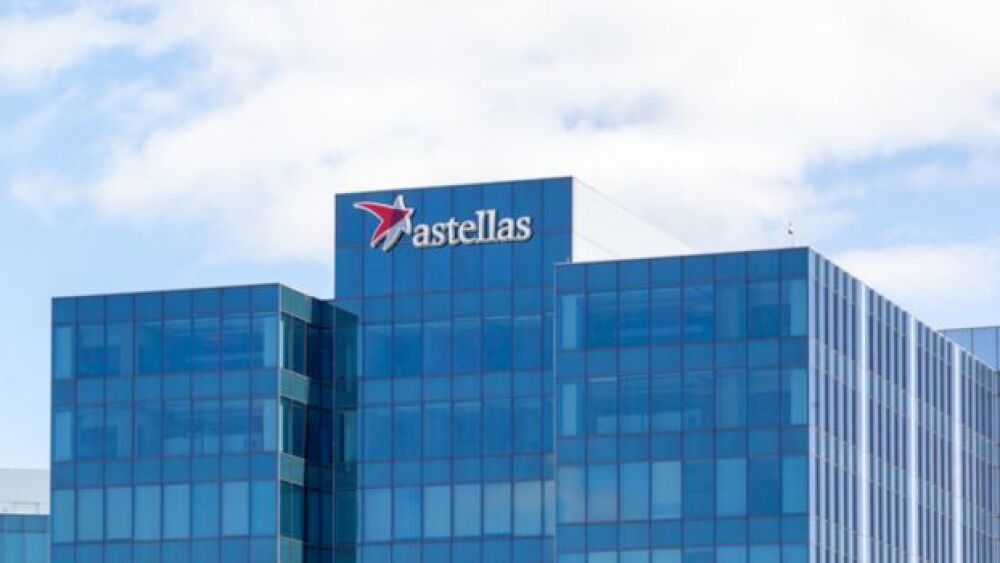At the heart of the deal is an anti-Claudin18.2 antibody-drug conjugate being developed for solid tumors, including gastric cancer and pancreatic cancer.
Astellas Pharma on Thursday inked an exclusive licensing agreement with Suzhou-based Evopoint Biosciences to advance a novel antibody-drug conjugate targeting solid tumors.
As per the terms of the agreement, Astellas will front $130 million while also earmarking up to $70 million in near-term payments. Milestones associated with developmental, regulatory and commercial successes can rack up to $1.34 billion in additional payments to Evopoint, yielding a total deal value over $1.5 billion. The Chinese biotech will also be entitled to royalties on net sales of the ADC, if approved.
At the heart of Thursday’s agreement is XNW27011, an early-stage ADC designed to target the protein Claudin18.2, which has recently gained attention for being a potential marker of various malignancies. XNW27011 also carries a topoisomerase I inhibitor payload that, when released inside cells, can disrupt DNA replication, ultimately triggering cell death. This approach “has demonstrated clinical success in other approved cancer therapies,” Astellas noted in Tuesday’s release.
The asset is currently in a Phase I/II study in China for patients with solid tumors positive for the biomarker, including gastric, gastroesophageal and pancreatic cancers.
Early data from this trial, to be presented next week at the ongoing 2025 meeting of the American Society of Clinical Oncology, demonstrated a best overall response rate of 46.7% across all three dose groups (2.4, 3.0 and 3.6 mg/kg), while the disease control rate hit 88%. XNW27011 was also generally safe, though there were dose disruptions, reductions and discontinuations associated with side effects. One patient in the 3.0-mg/kg dose arm died of pneumonia.
Astellas will gain exclusive worldwide rights to XNW27011 except in the greater China area—including Hong Kong, Macau and Taiwan—in which Evopoint will retain ownership of the asset.
With the Evopoint partnership, Astellas joins the growing group of pharma companies turning to China for novel candidates. Arguably most notable of these is Pfizer, which earlier this month put $6 billion on the line for 3SBio’s PD-1/VEGF bispecific antibody for solid tumors—a sum that easily eclipses the eastward investments of its peers.
Second to Pfizer is Novartis, which in January 2024 made a potential $4 billion bet for Shanghai Argo’s RNA interference platform, targeting cardiovascular indications.
Bayer, Merck, Novo Nordisk and AstraZeneca have all in recent months likewise unveiled multibillion-dollar contracts with Chinese biotechs.
In a May 21 note to investors, Truist Securities said that nearly a third of presentations at ASCO this year involve assets that came from Chinese companies. “China’s biotech innovation footprint has clearly expanded on the global stage,” the analysts wrote.






